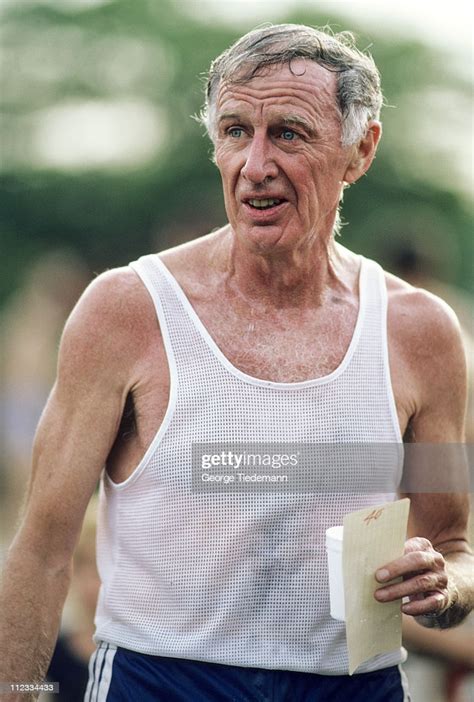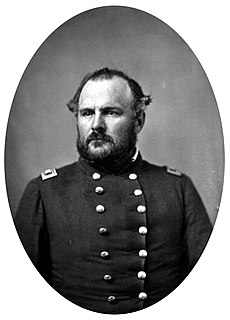A Quote by Robert A. Williams, Jr.
Until we start attacking the root of the historical problems of discrimination against Indians, and those Indians begin in these stereotypes, that Indians are less civilized than us, they're less able to exercise self-governing functions. Until we get to the roots of those problems, we're not going to change legislation. We're not going to change the hearts and minds of the Supreme Court.
Related Quotes
There are those of us who are always about to live. We are waiting until things change, until there is more time, until we are less tired, until we get a promotion, until we settle down / until, until, until. It always seems as if there is some major event that must occur in our lives before we begin living.
One of the prime backers of land bill was a Republican Congressman, a Paul Gosar. And when he was challenged by an Apache on this bill, he said, well, you know, Indians are wards of the federal government. This happened recently.That congressperson is obviously stuck in the 19th century when he thinks about Indians. How is that person going to legislate and treat Indians fairly and respect their rights when he has this sort of infantilized image of Indians as not being, you know, up to the same level of responsibility as everybody else?
We need to give out portrayal of ourselves. Every non-Indian writer writes about 1860 to 1890 pretty much, and there is no non-Indian writer that can write movies about contemporary Indians. Only Indians can. Indians are usually romanticized. Non-Indians are totally irrepsonsible with the appropriation of Indians, because any time tou have an Indian in a movie, it's political. They're not used as people, they're used as points.
Suddenly the land is haunted by all these dead Indians. There is this new fascination with the Southwest, with places like Santa Fe, New Mexico, where people come down from New York and Boston and dress up as Indians. When I go to Santa Fe, I find real Indians living there, but they are not involved in the earth worship that the American environmentalists are so taken by. Many of these Indians are interested, rather, in becoming Evangelical Christians.
They [American Indians] never did straight-up fights. It wasn't about, you know, getting killed in the line of fire. It was all ambush, ambush, ambush, and you ambush somebody, and then you take the scalps, and you - even though scalping wasn't created by the American Indians. It was created by the white man against Indians, and they just took it and claimed it.
The turn of the century was the lowest point for the devastation of Indian culture by disease and persecution, and it's a wonder to me that they survived it and have not only maintained their identity, but are actually growing stronger in some ways. The situation is still very bad, especially in certain geographical areas, but there are more Indians going to school, more Indians becoming professional people, more Indians assuming full responsibility in our society. We have a long way to go, but we're making great strides.
All I try to do is portray Indians as we are, in creative ways. With imagination and poetry. I think a lot of Native American literature is stuck in one idea: sort of spiritual, environmentalist Indians. And I want to portray everyday lives. I think by doing that, by portraying the ordinary lives of Indians, perhaps people learn something new.
































